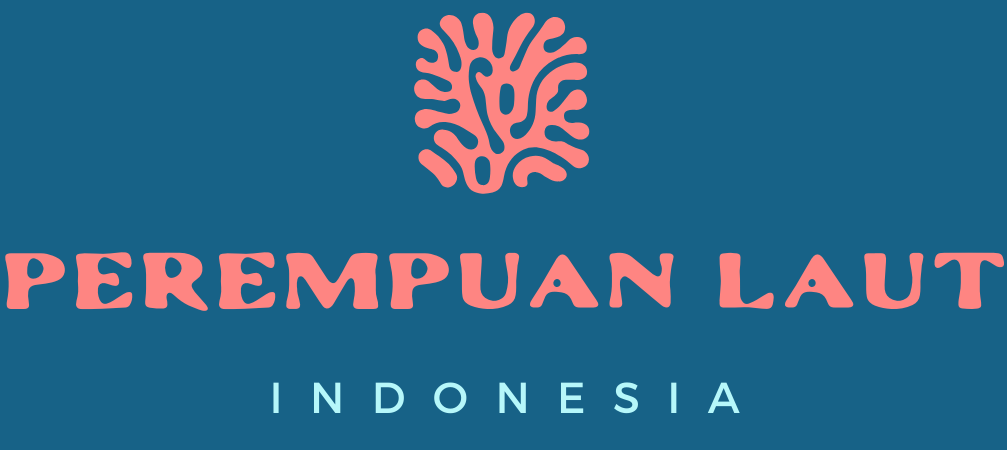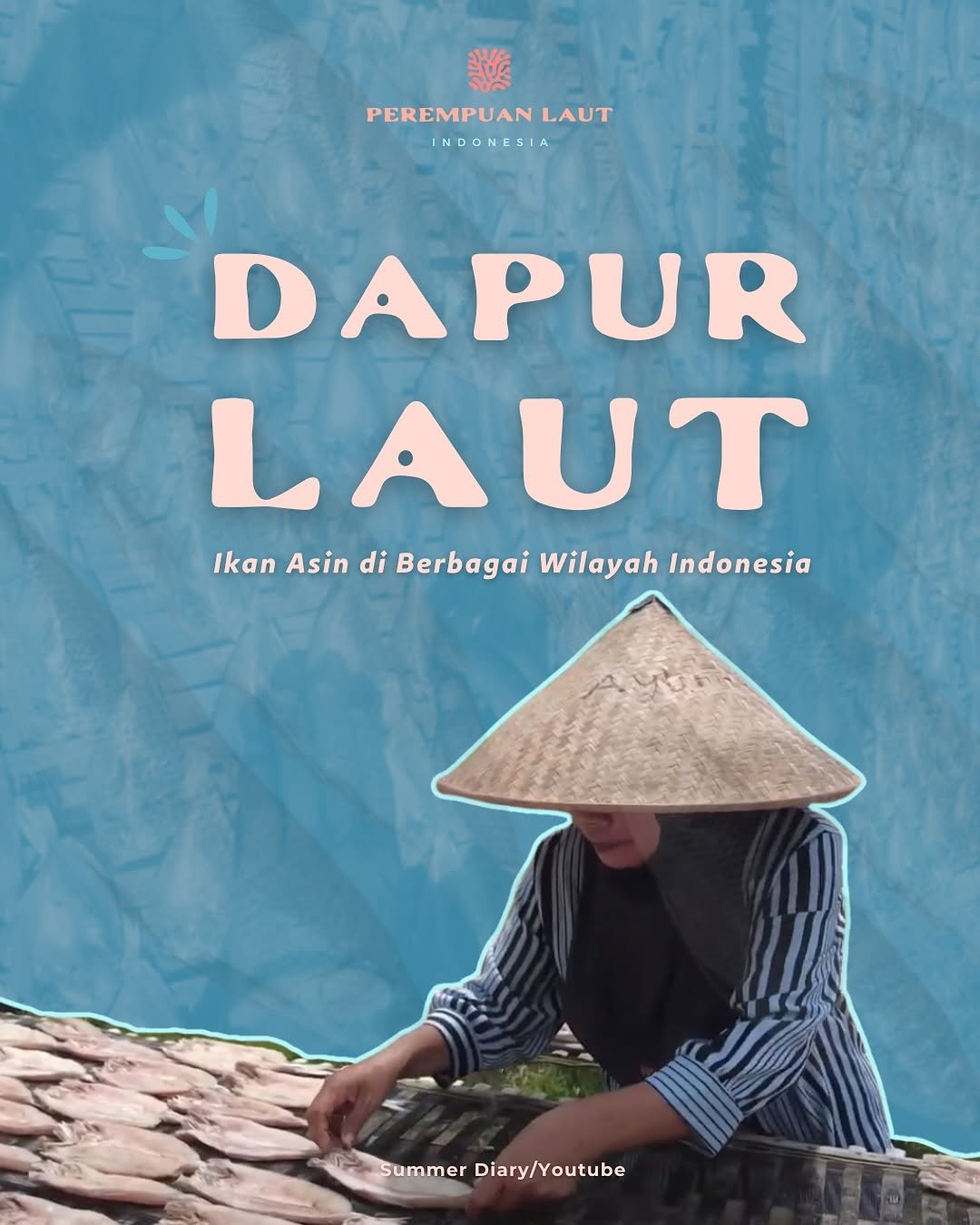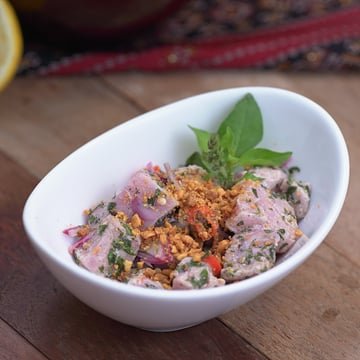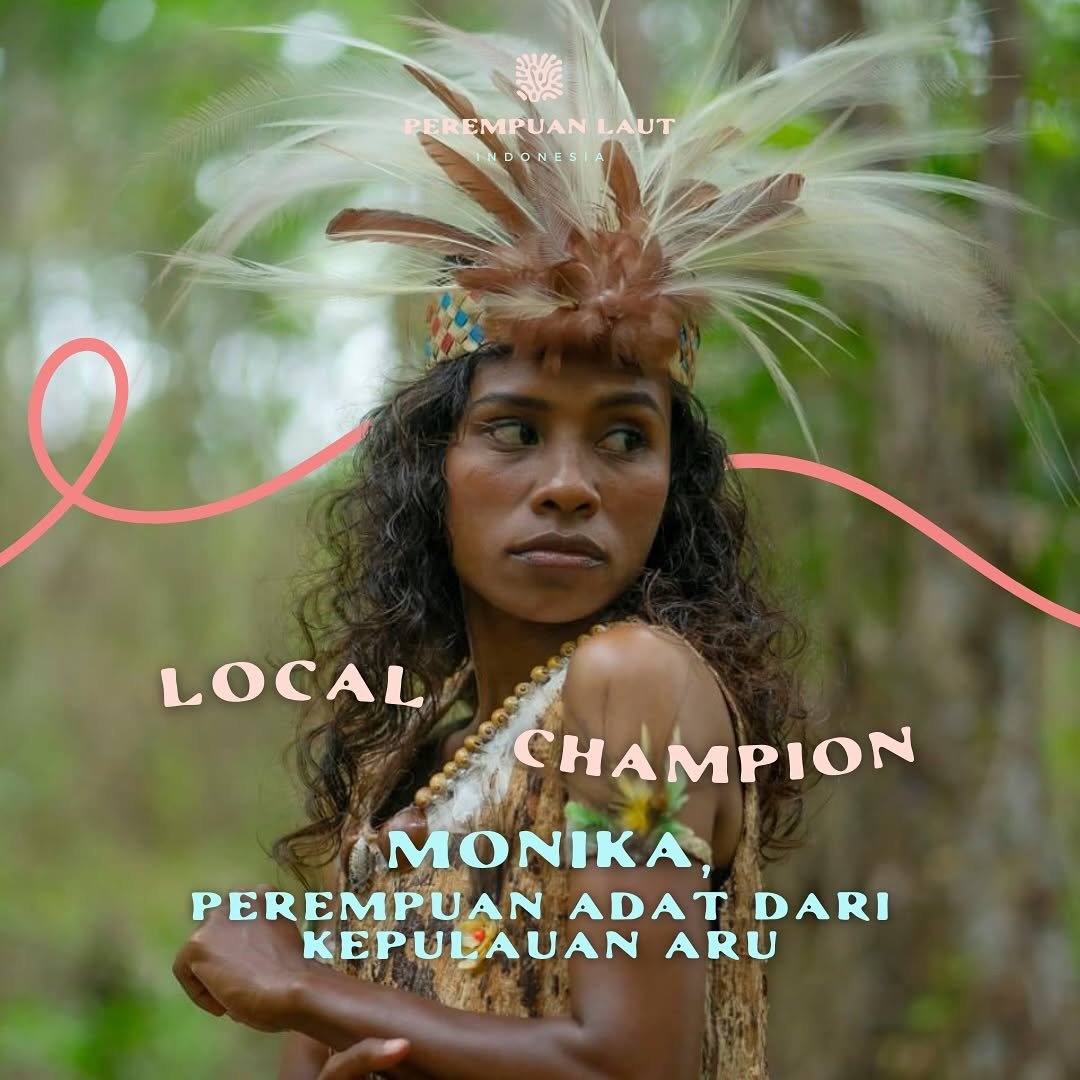Indonesia, as a maritime country, has an abundance of marine products. One of the most popular processed fish products in various regions is salted fish. Almost every coastal region in Indonesia has a unique way of processing salted fish, both from the type of fish used, the salting process, to the drying technique.
Interestingly, due to the vastness of Indonesia, it is often difficult to determine the regional origin of one type of salted fish. In fact, one type of salted fish can be found in several regions with slightly different characteristics. However, there are some regions that are known as major producers of certain typical salted fish.
Although salted fish making is commonly done by male fishermen, in many parts of Indonesia, fishermen’s wives also take part in this process as an additional source of income. The specialty of their salted fish lies in its better quality, as they often process the fresh fish caught that day directly. Thus, the flavor and freshness of the salted fish remains optimal, making it a superior choice in the market.
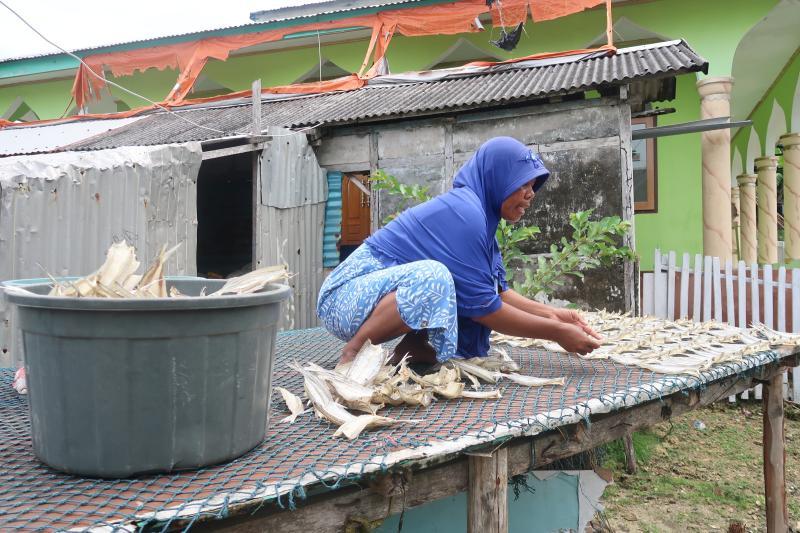
Types of Salted Fish in Indonesia
- Salted Ikan Jambal Roti
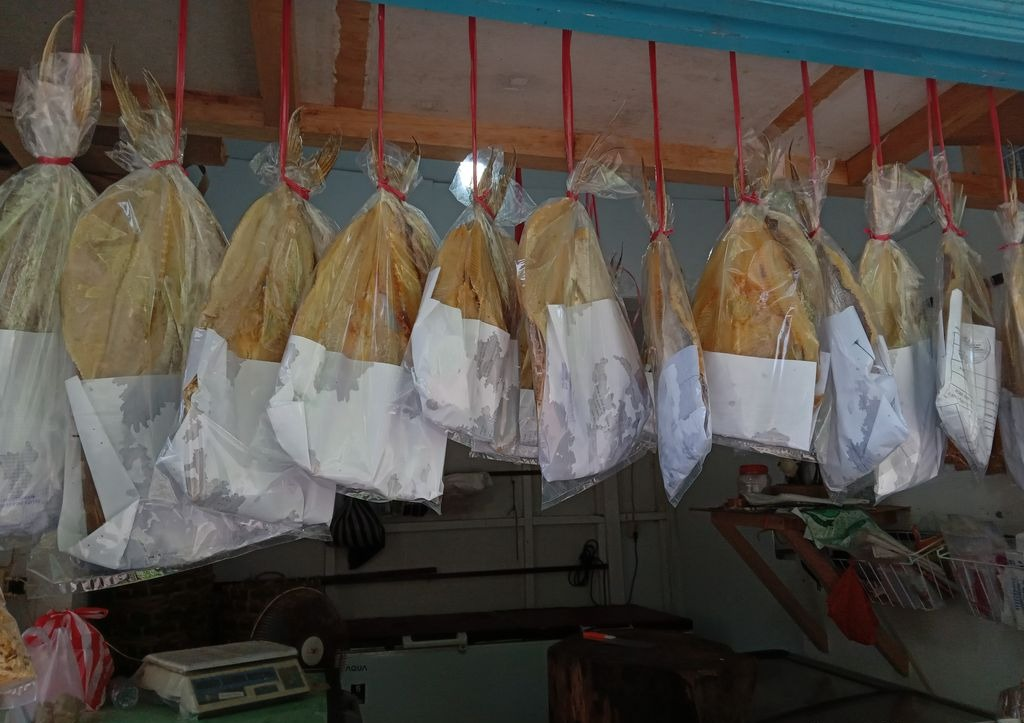
The name “Jambal Roti” is taken from the texture of this type of salted fish which resembles bread when it has been salted and dried. Jambal roti salted fish is one of the most popular and well-known salted fish. This salted fish is popular in the Cilacap, Cirebon, Indramayu, and Pangandaran areas.
Salted jambal roti is made from manyung fish (Arius thalassinus) which is a member of the “mustachioed” fish (Siluriformes). Manyung fish are found in almost all parts of Indonesia, especially marine areas that have estuaries.
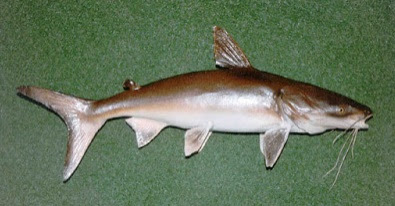
- Balobo Salted Fish
Salted balobo fish is a typical salted fish from Maluku made from julung-julung fish (Hemiramphus sp.).
Balobo fish is one type of small pelagic fish that is commonly found in the waters of the Aru Islands, especially Apara Village. The local community has long utilized it as a source of income as well as the main food ingredient. One of the most common forms of utilization is processing into dried fish and salted balobo fish.
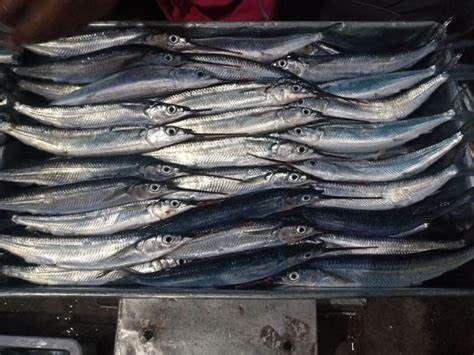
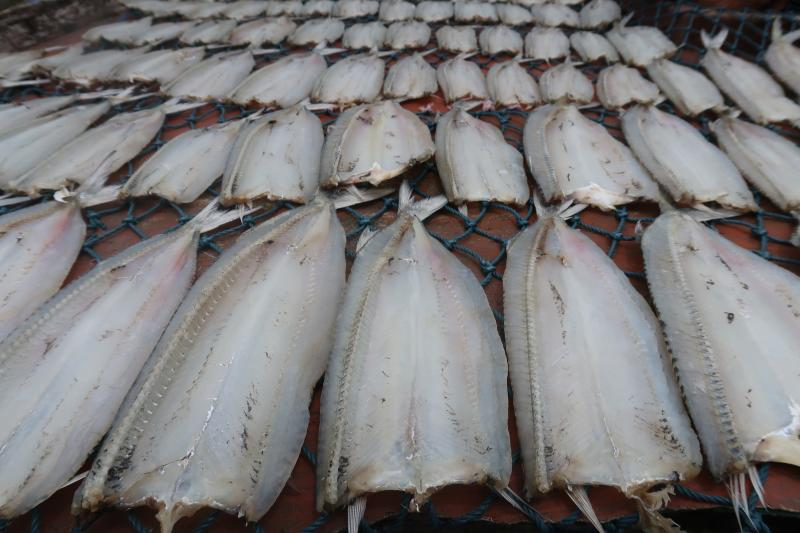
- Medan Anchovy/Rice Anchovy
Anchovy rice is one of the famous snacks from Medan. Anchovy rice is processed anchovy (Stolephorus sp.) that is dried and salted, resulting in a savory and delicious taste due to its small size.
However, there is an interesting fact. Although known as Medan’s specialty, the supply of anchovy rice does not only come from Medan’s waters. Most of the anchovies processed into anchovy rice actually come from Lampung, which is known as one of the main anchovy producing centers in Indonesia.
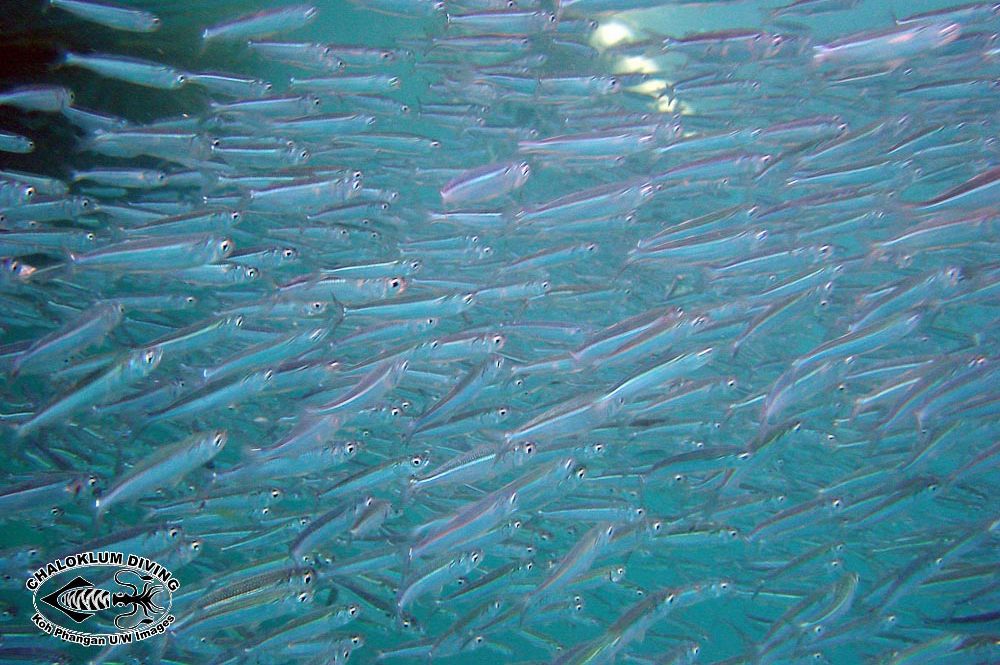
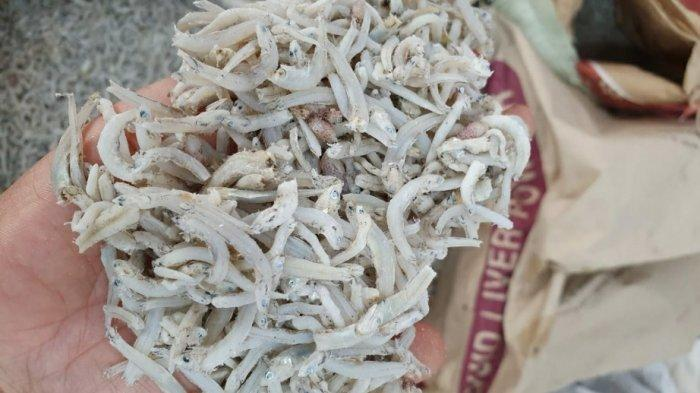
Advantages of Drying and Salting Fish
- Extend shelf life
- Facilitate distribution
- Increase economic value by increasing the variety of processed dishes
- Easy to process and consume
- Reduce fisheries waste, maximize excess catch
- Nutritional content is maintained, has a low risk of nutritional decline
Despite its good nutritional content because it comes from sea fish, consumption of salted fish should still be limited and accompanied by other balanced complementary foods. This is because salted fish contains high salt content.
Recipe for Salted Fish-based Cuisine
- Salted Fish Jambal Roti Green Sambal
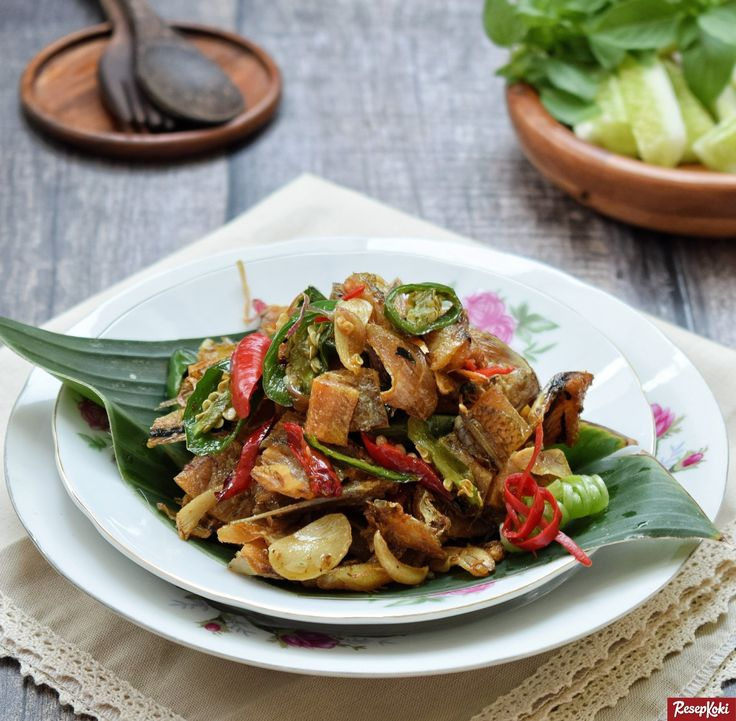
Recipe (by resepkoki.id – Jambal Roti Stir-fried Spicy Practical Extraordinarily Delicious – Recipe | ResepKoki)
Ingredients:
Jambal roti – 300 grams
Lemongrass, trimmed – 1 stick
Galangal, bruised – 3 cm
Bay leaf – 2 sheets
Cayenne pepper, whole – 10 pieces
Oyster sauce – 1 tbsp
Salt (optional) – 1/2 tsp
Combed brown sugar – 1 tsp
Water – 100 ml
Oil, for sautéing – 3 tbsp
Hot water, for soaking – to taste
Seasoning:
Garlic, thinly sliced – 2 cloves
Shallots, thinly sliced – 5 grains
Large green chilies, sliced into slices – 4 pieces
Curly red chili, sliced into slices – 4 pieces
Tomatoes, thinly sliced – 1 piece
How to Cook:
- Wash the jambal thoroughly. Soak the jambal in hot/warm water for 20 minutes until soft. Remove the jambal, drain, then cut into cubes. Fry the jambal in hot oil. Remove and drain. Set aside.
- In a wok, heat 3 tbsp oil. Sauté all the spices together with lemongrass, galangal, and bay leaves until fragrant and wilted.
- Add oyster sauce and water. Stir well and cook until boiling.
- Add the fried jambal fish and whole cayenne pepper. Stir well.
- Add salt (optional) and brown sugar. Stir well. Correct the taste and continue cooking until the sauce runs out and the spices are absorbed. Remove from heat. Set aside.
Tips:
- The addition of salt is optional. If the jambal already gives a salty flavor, salt can be skipped.
- Choose clean, light-colored jambal roti with thick but tender meat that is not tough.
2. Balado Teri Medan
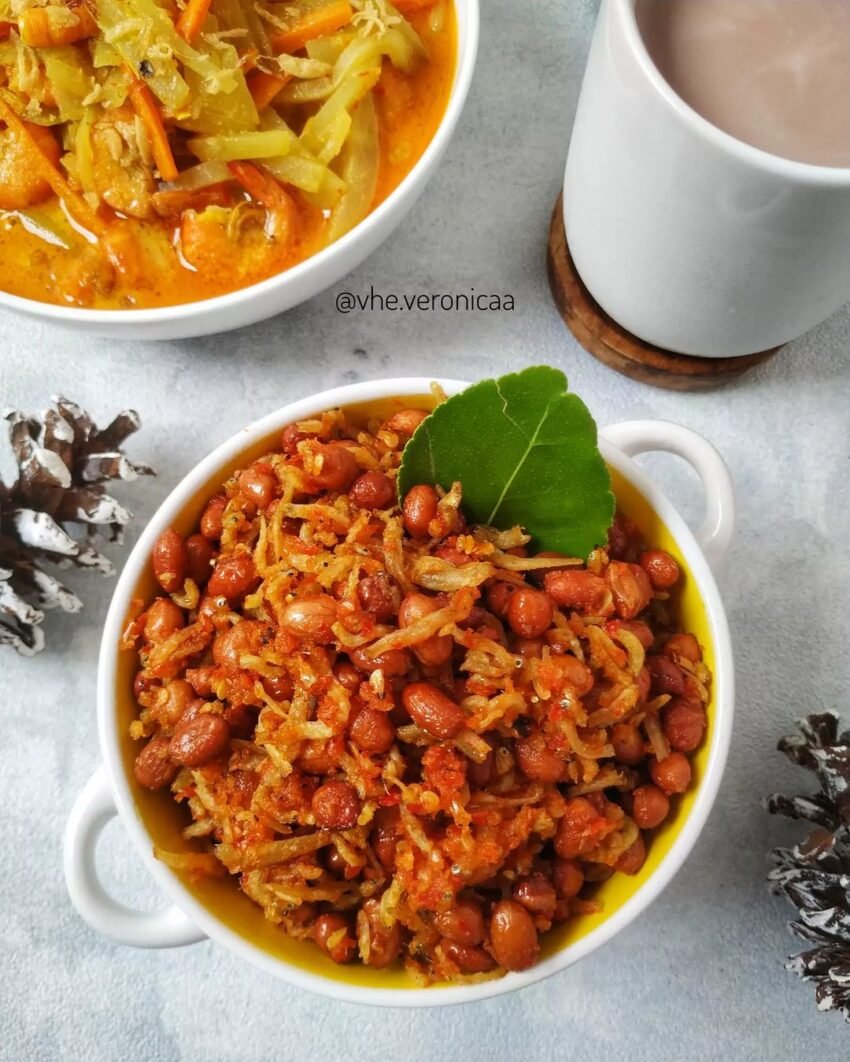
Recipe (by resepmamiku.com – Medan Anchovy Balado Recipe from @vhe.veronicaa
Ingredients:
Medan anchovies – 500 gr
Peanut – 250 gr
Orange leaf – 2 sheets
Broth powder and sugar – to taste
Cooking oil – to taste
Seasoning:
Curly red chili – 15 pieces
Red bird’s eye chilies – 10 pieces
Shallot cloves – 8 cloves
Garlic cloves – 4 cloves
Tomato – 1 piece
How to cook:
- Wash teri medan with water then drain, dry fry, set aside.
- Fry peanuts until cooked, set aside.
- Heat oil, sauté spice paste and lime leaves until fragrant, add sugar and stock powder, cook until sambal is tender. Correct the taste, turn off the heat and let the sambal cool completely.
- After the chili sauce has cooled (room temperature), add the peanuts and anchovies and stir well. I do this process so that the peanuts remain crisp.
- Ready to serve.
